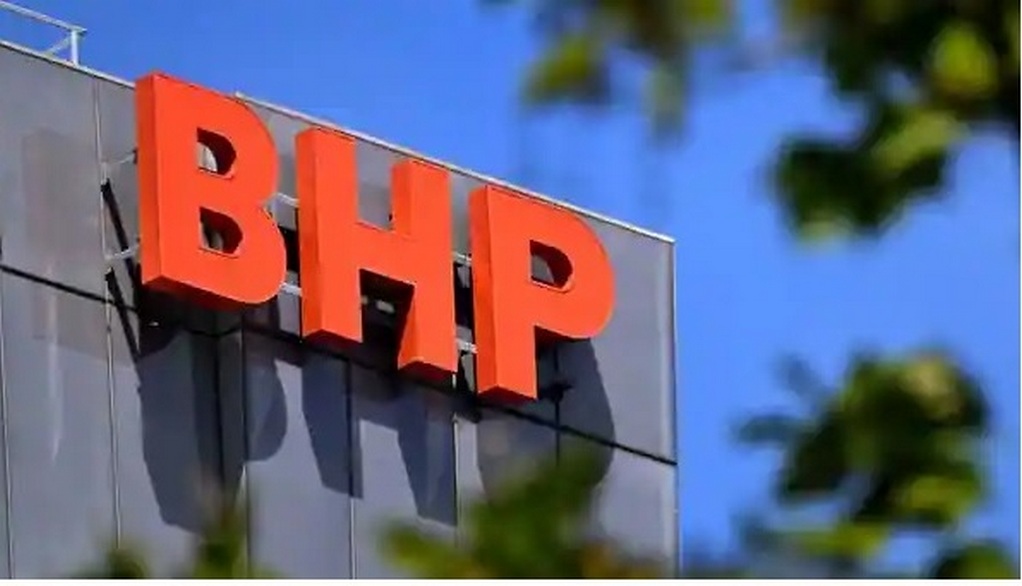BHP Group is planning to receive its first ammonia-fuelled bulk carrier in 2026 as part of the company’s plans to cut shipping emissions.
The global mining giant has shortlisted eight companies for the building, operation and fuel supply for at least one such vessel, Rashpal Singh Bhatti, vice president of maritime and supply chain excellence at BHP.
However, it has not yet decided on the total number of vessels that it will order and is also assessing costs, technical and safety submissions. Ammonia is among several alternative fuels that shippers are considering to reduce carbon emissions, as it does not emit carbon when burned.
However, adoption of ammonia could take time as the industry is also working on safety and infrastructure standards for handling of the toxic fuel.
The world’s first ammonia-fuelled ship engines are expected for delivery between late-2024 and early-2025, based on statements by top engine makers MAN Energy and Wartsila.
The proposed ships are likely to refuel ammonia at ports in Australia, Japan and China. BHP also plans to use bio-blended fuels for bunkering regularly to meet Europe’s shipping emissions requirements, after conducting more than 30 trials.
The European Union has extended its emissions trading system to cover shipping to and from Europe. Shippers can adopt bio-blended fuels to meet the EU’s emissions requirements, though these fuels are at a price premium to conventional marine fuel.
BHP is also using liquefied natural gas to fuel five of its ships.
Tags: Ammonia, BHP, Emissions, Shipping



Recent Posts
Hyundai Glovis to Retrofit Seven PCTCs with Avikus AI Navigation System
Super Terminais orders three more Konecranes Gottwald ESP.10 Mobile Harbor cranes
Covestro and HGK Shipping Extend Partnership to 2040 with Focus on Wind-Assisted Vessel Retrofit
Artemis Technologies Successfully Demonstrates 100 Percent Electric Crew Transfer Vessel at Aberdeen Offshore Wind Farm
IACS Council Advances Decarbonisation, Digitalisation and Governance Priorities at C91 Meeting in Beijing
Japan Launches Major R&D Project to Advance Shipbuilding with Alternative Fuels
EU Adopts Emissions Standards for Low Carbon Hydrogen to Bolster Clean Energy Market
Trafigura to Implement ZeroNorth’s AI Platform Across Global Fleet